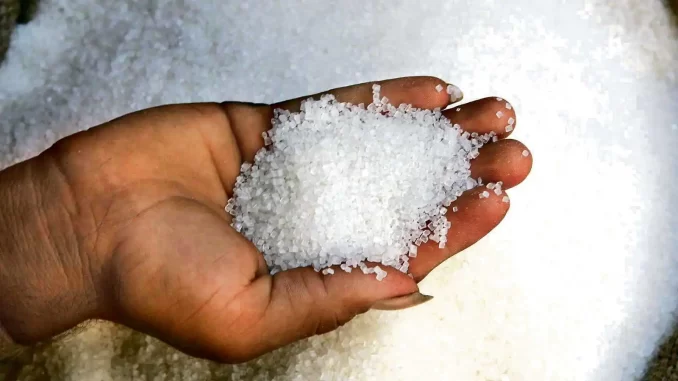
The News:
- Recently, a dispute resolution panel of the World Trade Organisation has ruled against India’s sugar subsidies and in favour of complainants three major sugar-exporting nations namely Brazil, Guatemala, and Australia.
In Details:
- The case was filed before the WTO in 2019 by Brazil, Guatemala and Australia alleging that India had broken WTO rules by providing excessive domestic support and export subsidies for sugar and sugarcane.
- The WTO observed that for five sugar seasons between 2014-15 and 2018-19, India provided domestic support to its sugarcane producers in excess of the maximum level of 10% permitted by a global agriculture deal.
- The panel also said that India failed to notify a WTO committee of its sugar export subsidies, violating a separate agreement.
- However, it did not uphold one of Australia’s allegations that India had maintained buffer sugar stocks which it should have reported to the WTO in the 1990s.
What are Export subsidies?
- Export subsidies are subsidies given to traders to cover the difference between internal market prices and world market prices. Export subsidies consist of all subsidies on goods and services that become payable to resident producers when the goods leave the economic territory or when the services are delivered to non-resident units; they include direct subsidies on exports, losses of government trading enterprises in respect of trade with non-residents, and subsidies resulting from multiple exchange rates.
- Export subsidies are now subject to value and volume restrictions under the Uruguay Round Agreement on Agriculture.
What is India’s position?
- India is set to file an appeal and thus the ruling is unlikely to come into effect immediately.
- Also, at present, there is no functional appellate body at the WTO to issue a final ruling.
What is the Appellate Body of WTO?
- The Appellate Body is the highest Dispute Settlement Body (DSB) of WTO. It is composed of seven members who are appointed by the Dispute Settlement Body (DSB) to serve for four-year terms.
- Currently, the Appellate Body is unable to review appeals given its ongoing vacancies. The term of the last sitting Appellate Body member expired on 30 November 2020.
- The United States’ blockage of appointments to the Appellate Body plunged the multilateral rules-based trading system into crisis. The US grievances include questions of delay, judicial over-reach, precedence, and transition rules.
Sugarcane cultivation in India:
- Sugarcane growing countries of the world lay between the latitude 36.7° north and 31.0° south of the equator extending from tropical to subtropical zones.
- India is the second-largest producer of sugar in the world after Brazil.
- In the last few decades, sugarcane cultivation in India has expanded. Factors like policies that incentivize production, including a minimum price, guaranteed sales of sugarcane and public distribution of sugar, have helped India become the second-largest producer of the commodity worldwide.
- India encouraged overseas sales of sugar for three years in a row, helping the country emerge as a significant, stable exporter of the commodity.

Leave a Reply
You must be logged in to post a comment.